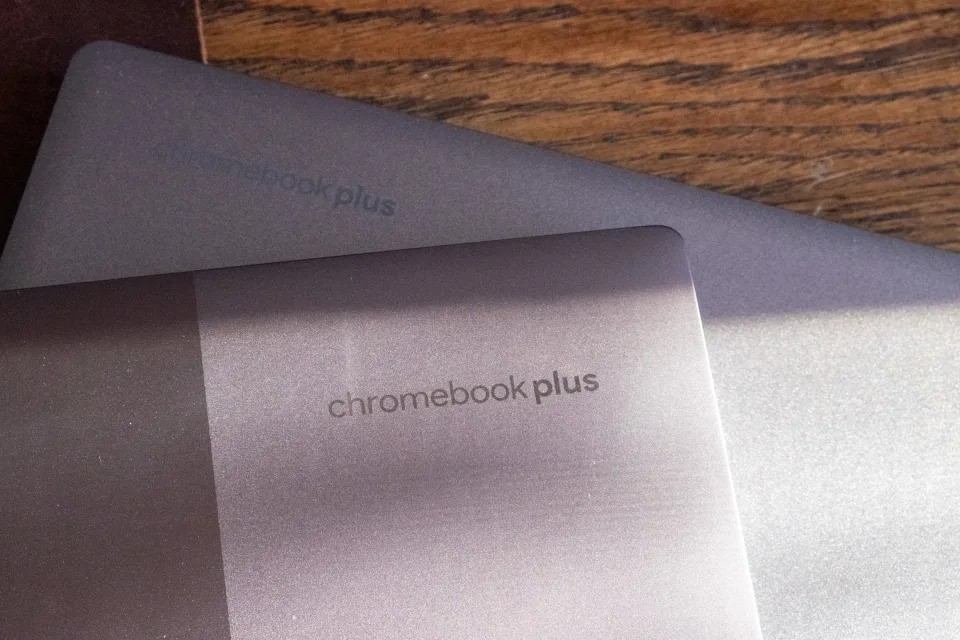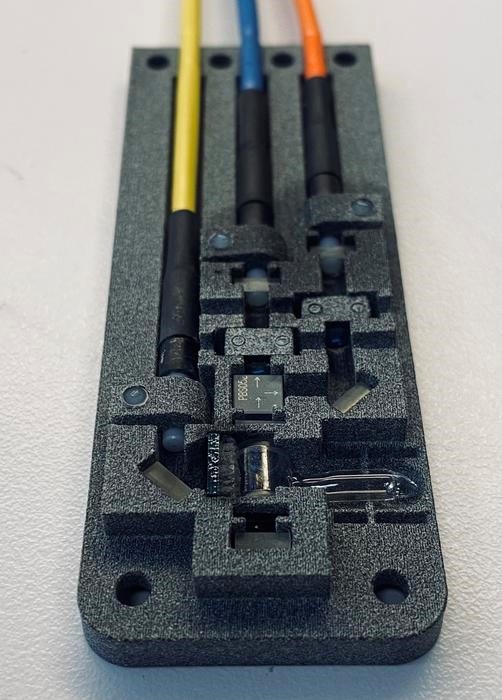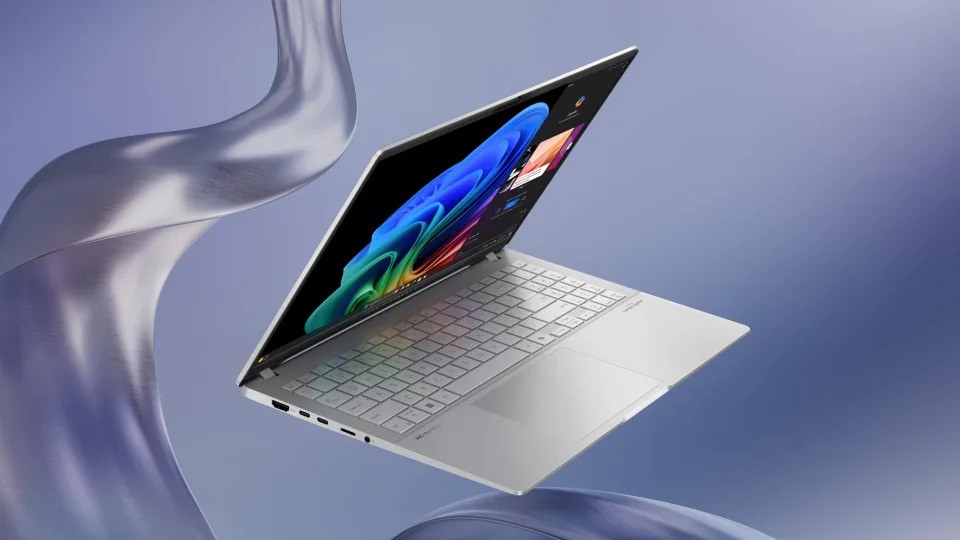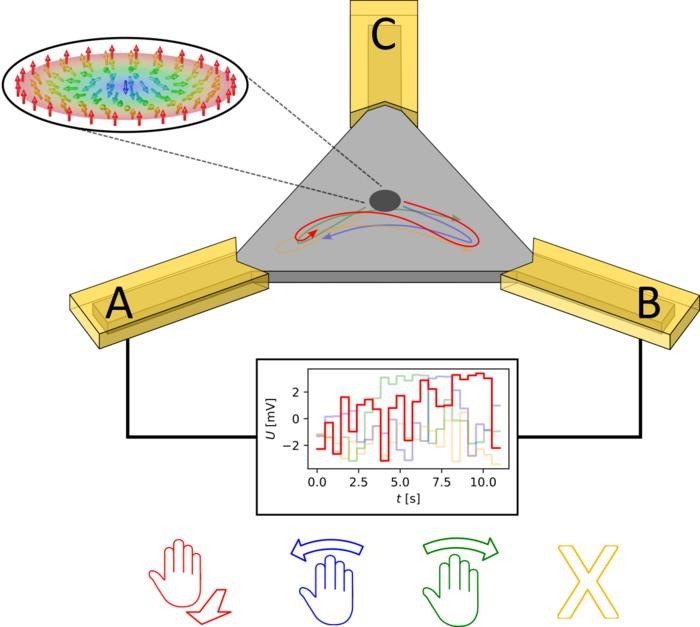The Best Chromebooks for Students In 2024
The Chromebook market has expanded significantly in recent years, making it challenging to choose the best one for your needs. With years of software updates and manufacturers producing laptops with improved power, build quality, and long battery life, there's now a wide selection of excellent Chrome OS machines suitable for everyday use. While Google simplified matters last fall with the introduction of the Chromebook Plus initiative (more details below), there are still several factors to consider when shopping for a new Chromebook. Drawing on my years of experience testing and reviewing Chromebooks, I can guide you on what to look for and what to expect from these laptops in 2024.

Figure 1. Chromebook
Editor’s note (3/22/24): We continuously test and assess new Chromebooks for this guide, with two models currently under consideration for inclusion that we're eager to evaluate. Both Acer and ASUS offer 15-inch Chromebook Plus models priced at $399, which we believe could be excellent options for those seeking a larger screen at a lower cost. Figure 1 shows chrome books.
What is Chrome OS, and why would I use it over Windows?
The question often arises: with many inexpensive Windows laptops available, why choose Chrome OS? The appeal lies in Chrome OS's simplicity and efficiency. Based on Google’s Chrome browser, it focuses on web-based applications, eliminating bloatware found on many Windows laptops. Chrome OS boots up quickly and can be reset to factory settings almost instantly.
However, the lack of native software installation can be a drawback for some users, such as video editors or software developers. Yet, many users who primarily work within a web browser find Chrome OS ideal. Google and its partners continue to enhance Chrome OS with more advanced features, including video editing tools in Google Photos and web-based Photoshop by Adobe.
Moreover, Chromebooks now support Android apps, significantly expanding available software options. While the quality of Android apps varies, it allows for tasks beyond web-based applications, such as offline video watching and robust applications like Microsoft Office and Adobe Lightroom. With improved web and Android apps, Chromebooks offer more than just a browser interface.
What do Chromebooks do well?
Chromebooks excel at web-based tasks like online shopping, streaming music and video, and social media usage. They seamlessly integrate with Google services such as Photos, Docs, Gmail, and Drive, offering a responsive and stable platform due to the lightweight nature of Chrome OS.
While gaming capabilities on Chromebooks are evolving, they're not yet ubiquitous. Google's partnership with hardware manufacturers aims to optimize Chromebooks for cloud gaming services like NVIDIA GeForce Now and Xbox Game Pass, with potential future integration of the Steam catalog expanding gaming options. However, gaming performance may vary depending on the Chromebook's specifications.[1]
What are the most important specs for a Chromebook?
Chrome OS is optimized for modest hardware, so the key factors to consider when choosing a Chromebook may not be processor power or storage space. Google's Chromebook Plus initiative, introduced late last year, ensures consistent specs and performance across devices. Chromebook Plus models feature at least a 12th-gen Intel Core i3 processor or AMD Ryzen 3 7000 series processor, 8GB of RAM, and 128GB of storage, meeting the needs of most users. They also include a 1080p webcam and a minimum 1080p IPS screen, ideal for video calling and everyday use.
While higher specs and better screens are available, Chromebook Plus target specs typically provide a very good user experience. Google's Auto Update policy is another important consideration, with Chromebooks receiving software updates and support for up to 10 years after their release date. To ensure maximum support, it's recommended to purchase the newest model available.[2]
How much should I spend?
Chromebooks have evolved from inexpensive netbooks to capable all-day laptops, with prices starting at around $400 for a solid daily driver. While there are budget options suitable as secondary devices, Chromebooks designed for extensive daily use will cost more. Premium Chromebooks can approach or exceed $1,000, offering better design, premium materials, more powerful internals, and extra storage space. However, the specs outlined earlier—such as a 12th-gen Intel Core i3 or AMD Ryzen 3 7000 series processor, 8GB of RAM, and 128GB of storage—are typically sufficient for most users, making them a cost-effective choice compared to higher-priced Windows laptops.
References:
- https://www.engadget.com/best-chromebooks-160054646.html
- https://www.popsci.com/gear/best-chromebooks-for-students/
Cite this article:
Gokila G (2024), The Best Chromebooks for Students In 2024, AnaTechMaz, pp.308















